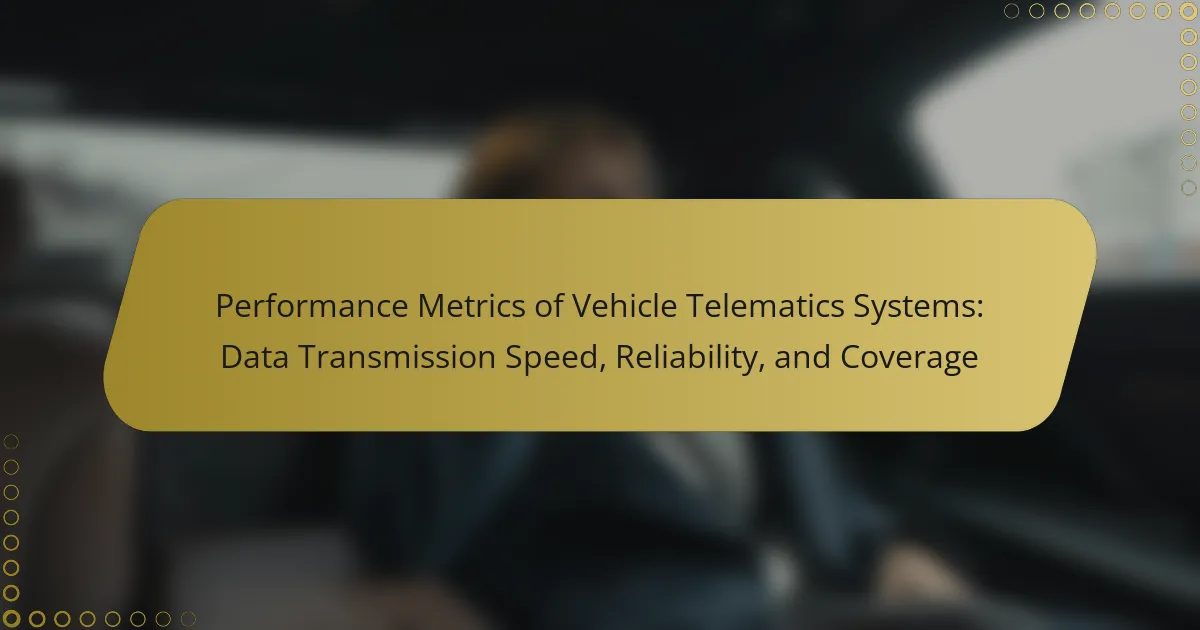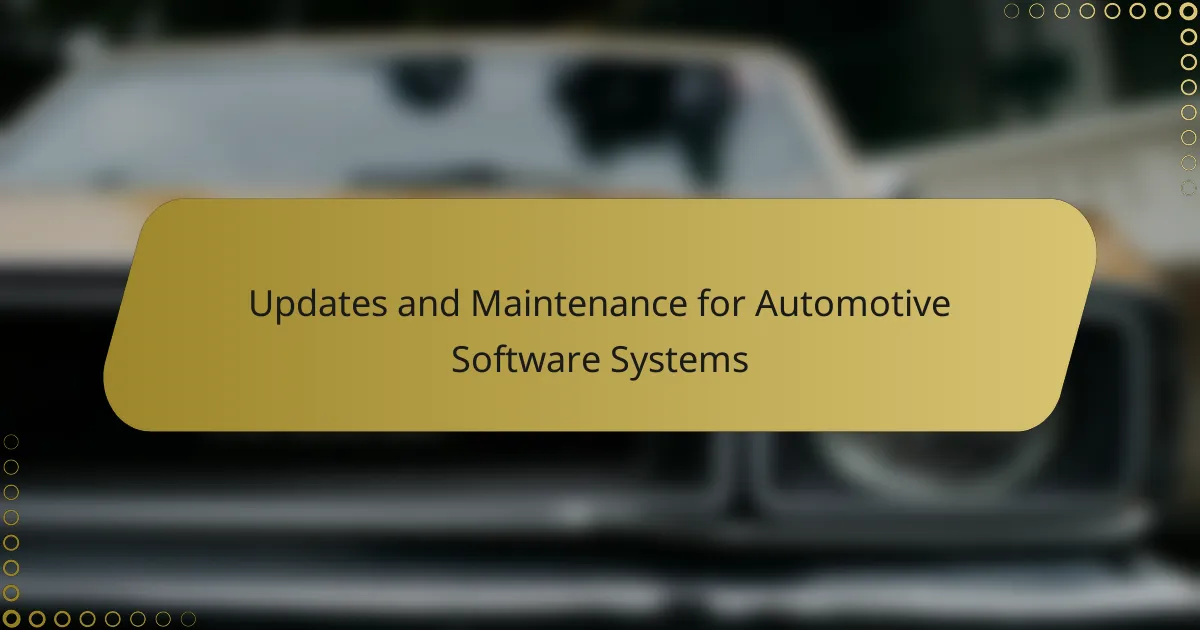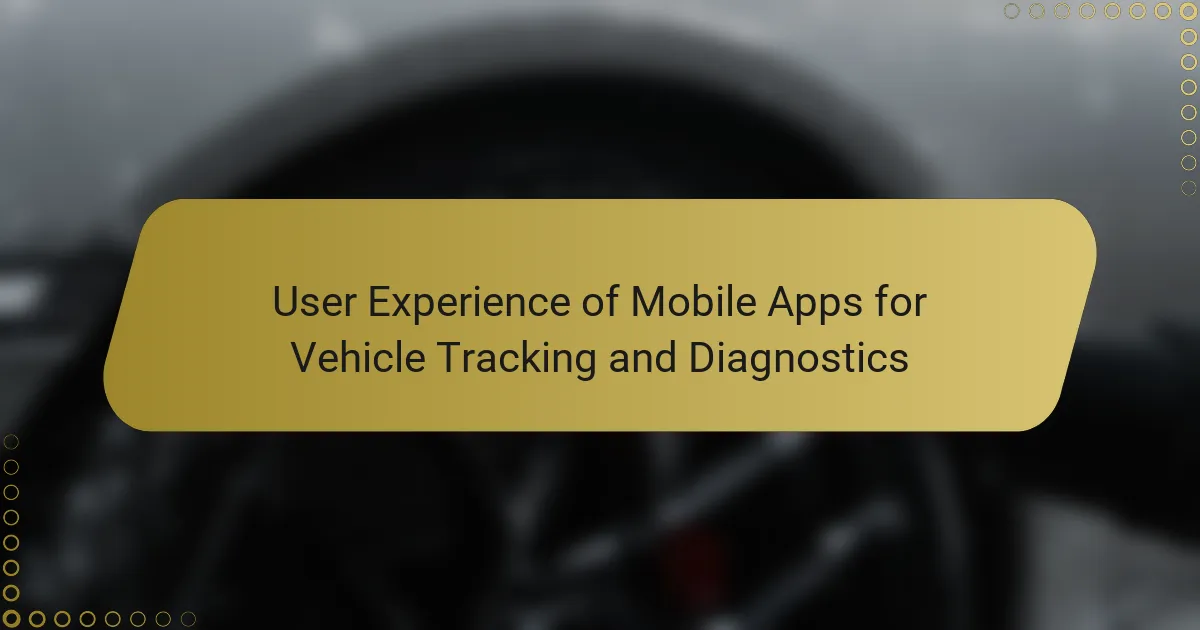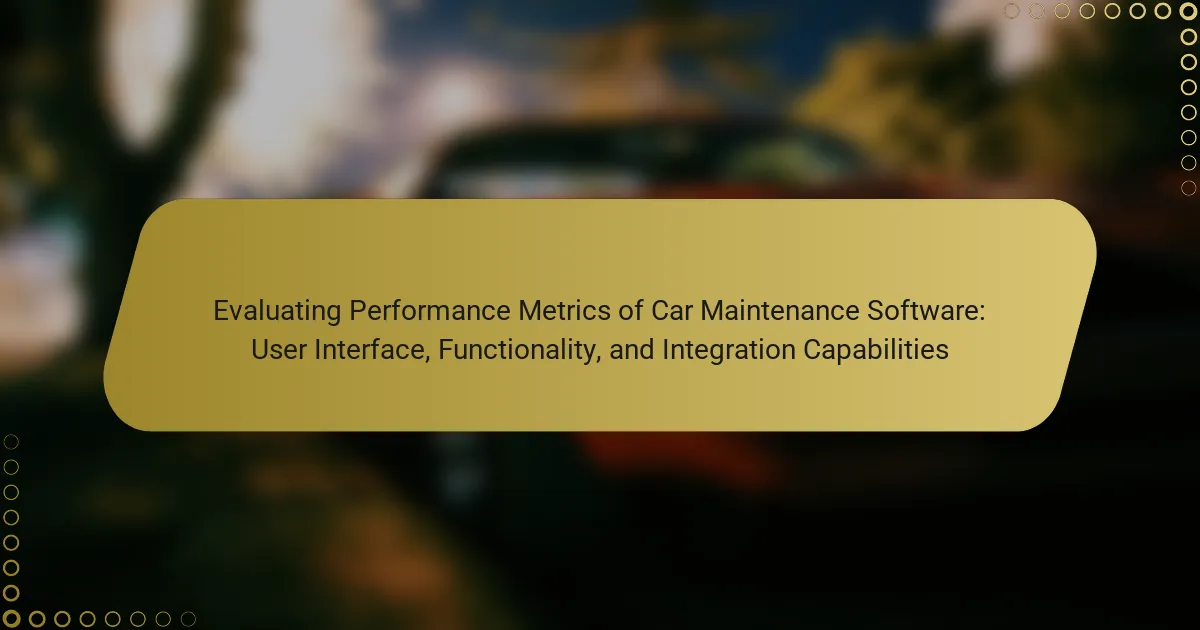Automobile computer warranties are guarantees provided by manufacturers or dealers for the electronic control units in vehicles, covering repairs or replacements of malfunctioning computer systems. These warranties typically last between three to five years and may include mileage limits ranging from 36,000 to 60,000 miles. Coverage often encompasses issues related to engine control, transmission control, […]

The Importance of RAM Speed and Capacity in Gaming PCs
RAM speed and capacity are essential components that significantly impact the performance of gaming PCs. Higher RAM speed enhances data transfer rates, resulting in faster loading times and smoother gameplay. Increased RAM capacity allows for the simultaneous operation of multiple applications, reducing lag during demanding tasks. Most modern games require a minimum of 16GB of […]

User Experience in Online Car Configurators: Personalization, Visualization, and User Satisfaction
User experience in online car configurators is defined by the satisfaction and ease of use that customers experience while customizing vehicles digitally. Key factors influencing this experience include interface design, navigation, and interactive features, which collectively enhance user engagement and personalization. Research indicates that a well-designed user experience can significantly boost conversion rates, with 70% […]

Performance Metrics of Vehicle Telematics Systems: Data Transmission Speed, Reliability, and Coverage
Vehicle telematics systems are essential for effective fleet management and vehicle tracking, with key performance metrics including data transmission speed, reliability, and coverage. Data transmission speed measures the rapidity of data transfer from vehicles to telematics servers, enabling real-time monitoring. Reliability assesses the system’s consistent performance, which is crucial for minimizing downtime and fostering user […]

Updates and Maintenance for Automotive Software Systems
Automotive software systems require regular updates and maintenance to ensure optimal performance and security. These processes include software assessment, downloading, installation, and post-update testing, which enhance vehicle safety and functionality. Effective maintenance practices involve thorough documentation, proactive monitoring, version control, and user feedback, all of which contribute to the longevity and reliability of the software. […]

User Experience of Mobile Apps for Vehicle Tracking and Diagnostics
User experience (UX) in mobile apps for vehicle tracking and diagnostics is critical for user interaction, encompassing usability, accessibility, and satisfaction. Effective UX design prioritizes intuitive navigation and clear visuals while providing real-time data on vehicle status. Common challenges users face include connectivity issues, complex interfaces, data accuracy concerns, battery drain, privacy worries, and limited […]

Security Features in Automotive Software for Data Protection
Automotive software security is critical for protecting vehicle data against cyber threats. Key security features include encryption, which secures sensitive data; secure coding practices that minimize vulnerabilities; and intrusion detection systems that monitor for unauthorized access. Additionally, technologies such as secure boot processes, firewalls, and secure communication protocols enhance the overall security posture of automotive […]

Essential Specifications of Solid State Drives for Faster Boot Times
Solid State Drives (SSDs) are advanced storage devices that utilize flash memory, distinguishing themselves from traditional hard drives by having no moving parts. This design enables SSDs to achieve significantly faster data access and retrieval speeds, resulting in reduced boot times for operating systems, which can range from 10 to 30 seconds compared to the […]

Evaluating Performance Metrics of Car Maintenance Software: User Interface, Functionality, and Integration Capabilities
The article evaluates performance metrics for car maintenance software, focusing on user satisfaction, system uptime, response time, data accuracy, integration capabilities, reporting features, and user engagement rates. It highlights best practices for assessing user interface performance, including usability testing, user feedback analysis, and task completion rate measurement. The article emphasizes how businesses can leverage these […]

Understanding the Process of Warranty Registration for Automobile Computer Products
Warranty registration for automobile computer products is a critical process that ensures consumers receive necessary coverage for their purchases. The process involves locating the warranty registration card, completing it with personal and product information, and submitting it according to the manufacturer’s guidelines, which may include online or mail options. Timely registration, typically within 30 to […]
